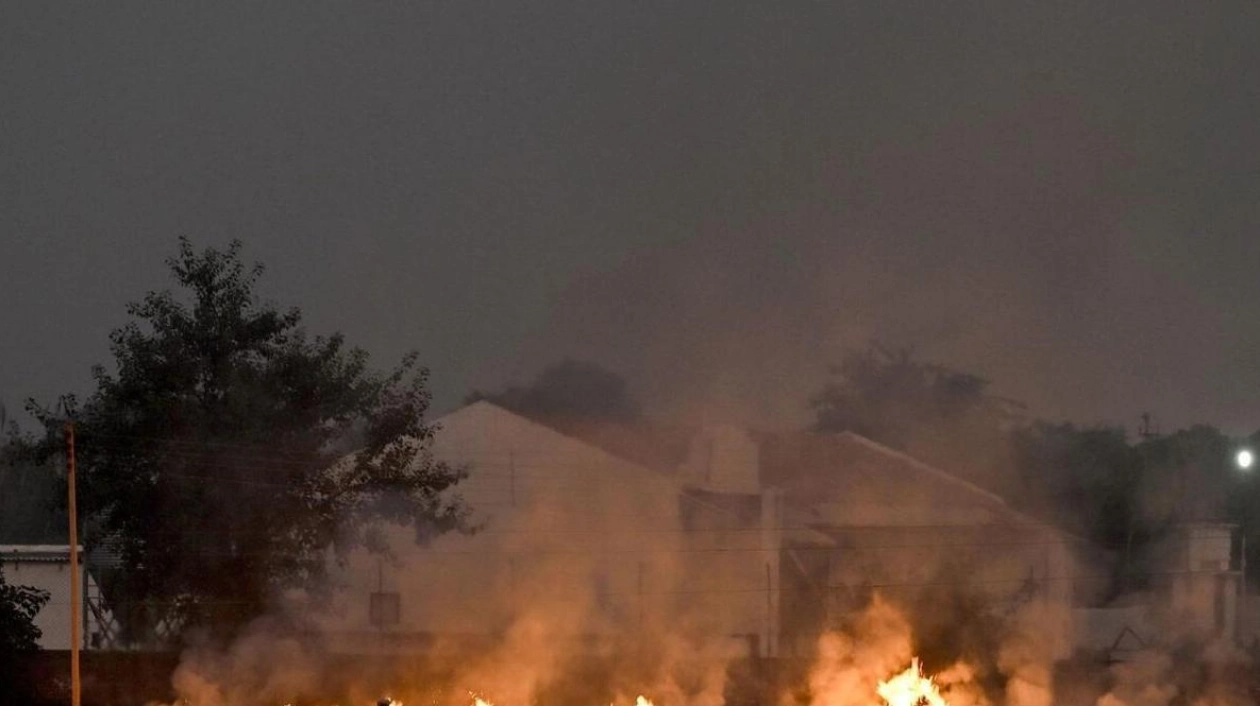A farmer sets fire to straw stubble after harvesting a paddy field on the outskirts of Jind in India's Haryana state. This practice, though illegal, is common among farmers and has devastating consequences for both the environment and the economy. The burning not only depletes the fertility of the fields but also releases plumes of toxic smoke filled with cancer-causing particles, affecting densely populated areas in northern India, including New Delhi.
Indian farmer Ali Sher, like many others, burns his fields to prepare them for new crops. This method is economically viable for small-scale farmers, who make up 86% of India's farming community, as alternatives are often too costly. Sher, a 55-year-old farmer from Jind district, faces fines and loss of government subsidies if caught, but he believes burning is the only way to clear his land in time for planting wheat.
Several studies highlight the severe impact of farm fires on Delhi's already poor air quality. These fires contribute significantly to the toxic smog that affects millions, alongside vehicle and factory emissions. A study in the Lancet medical journal attributed 1.67 million premature deaths in India to air pollution in 2019.
The Indian government has invested millions in subsidies to promote modern machinery that can replace burning. This includes baling machines and combined ploughing and planting tools, which return stubble to the soil while sowing new crops. However, small-scale farmers often cannot afford these alternatives, relying instead on costly contractors.
Some farmers are adopting better practices, with a reported 50% reduction in farm fires since 2017. Naresh, a farmer in his 60s, has stopped burning his fields, aided by support from the Spanish rice exporting company Ebro. Ebro has provided free seeder machines and encouraged the use of natural fungal sprays to decompose stubble, reducing the need for fertilizers.
Despite these efforts, many farmers still resort to burning, citing it as the only viable option for timely planting and economic survival.
Source link: https://www.khaleejtimes.com






